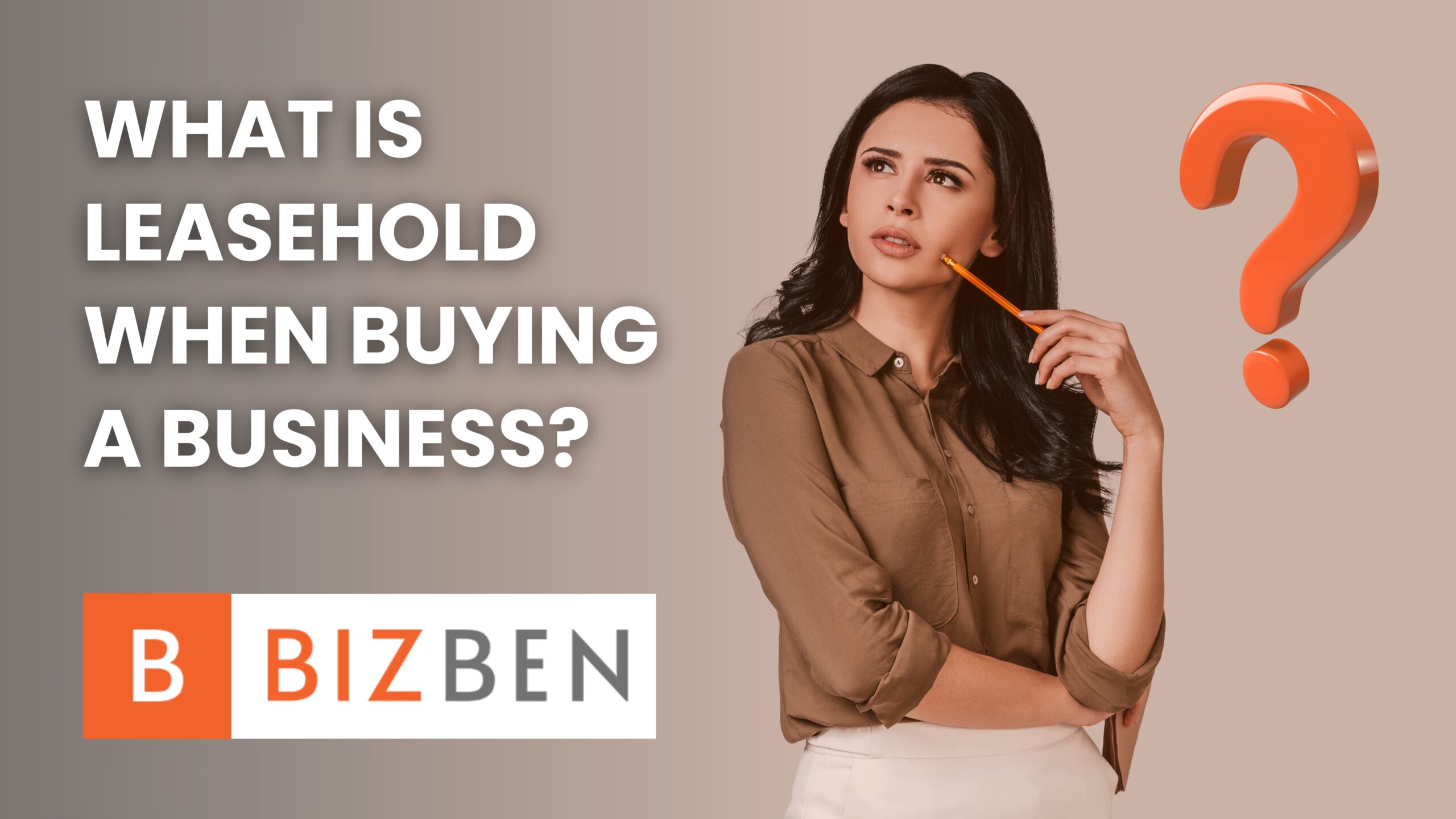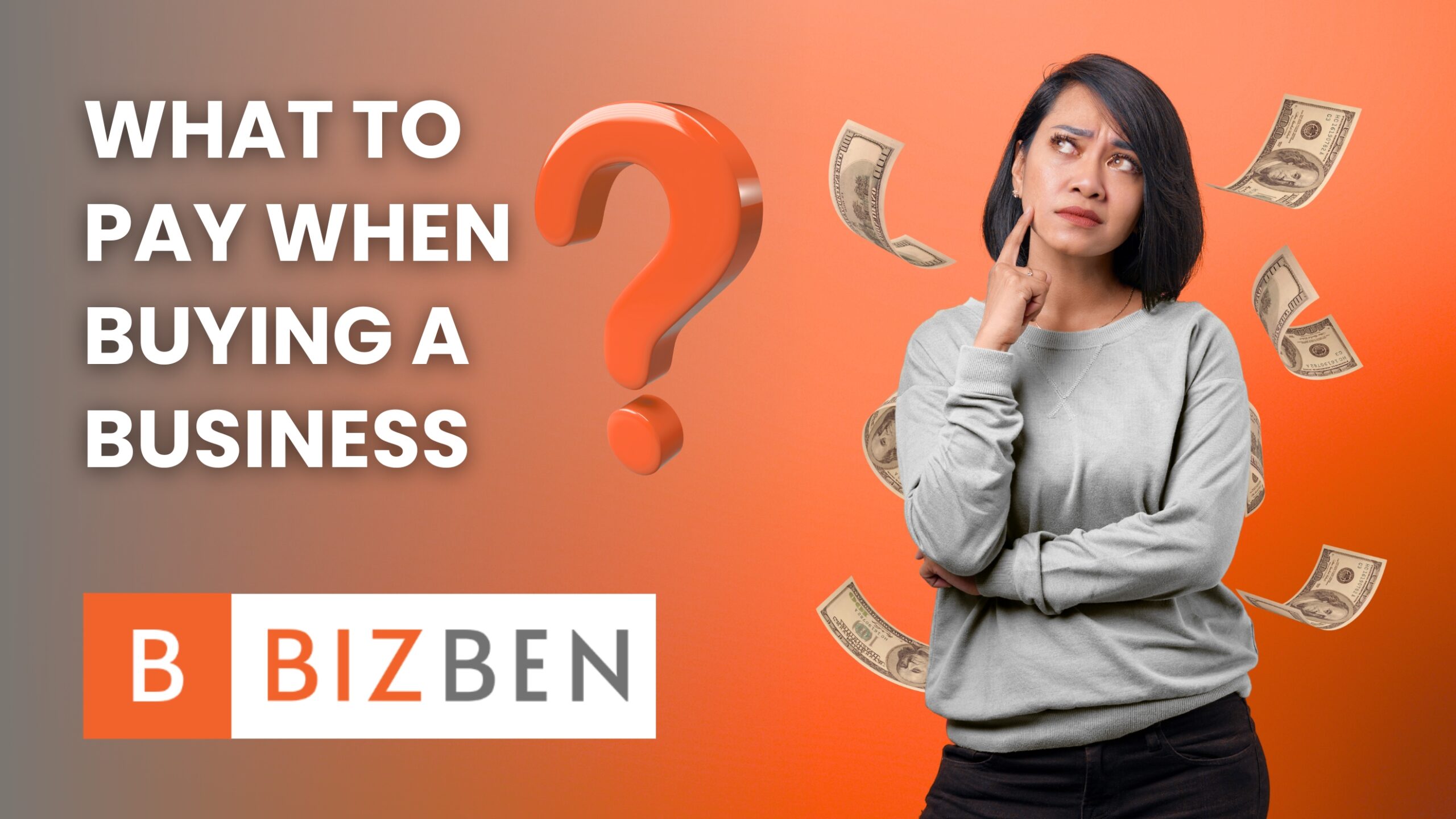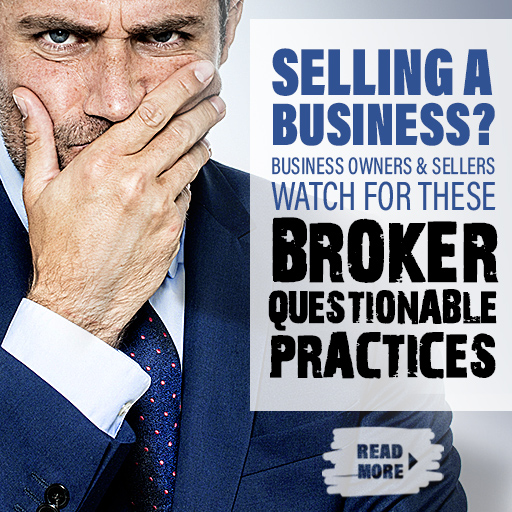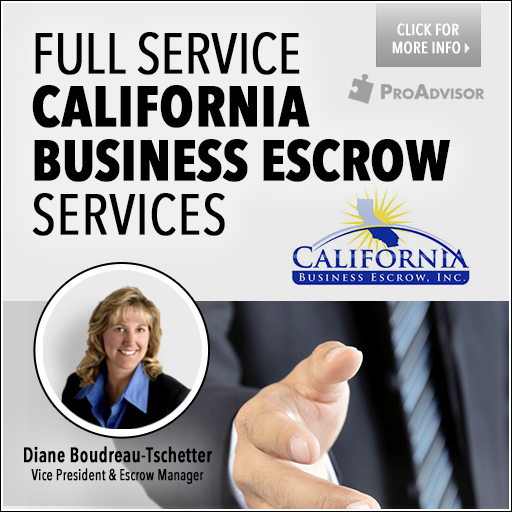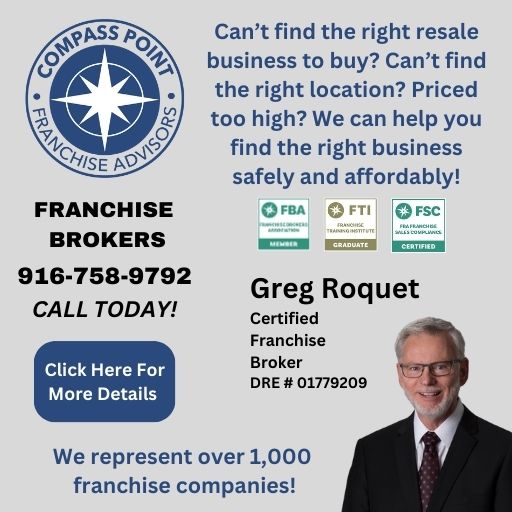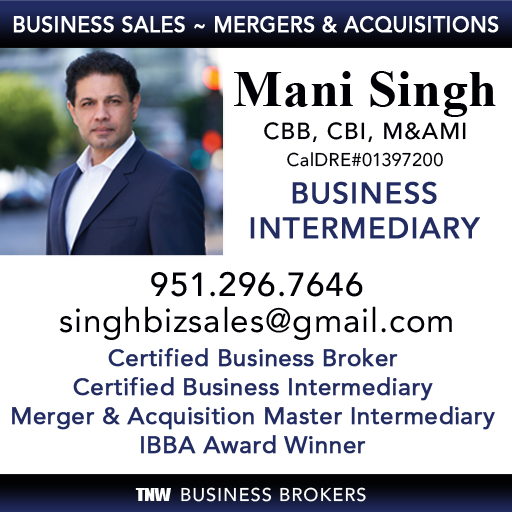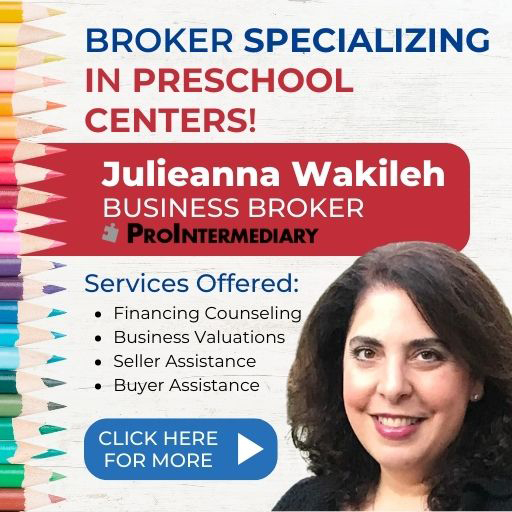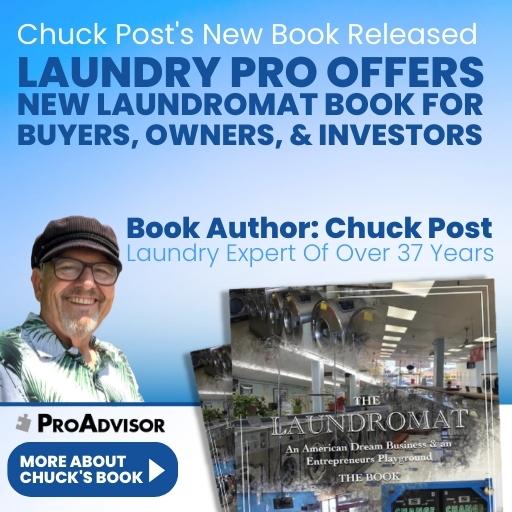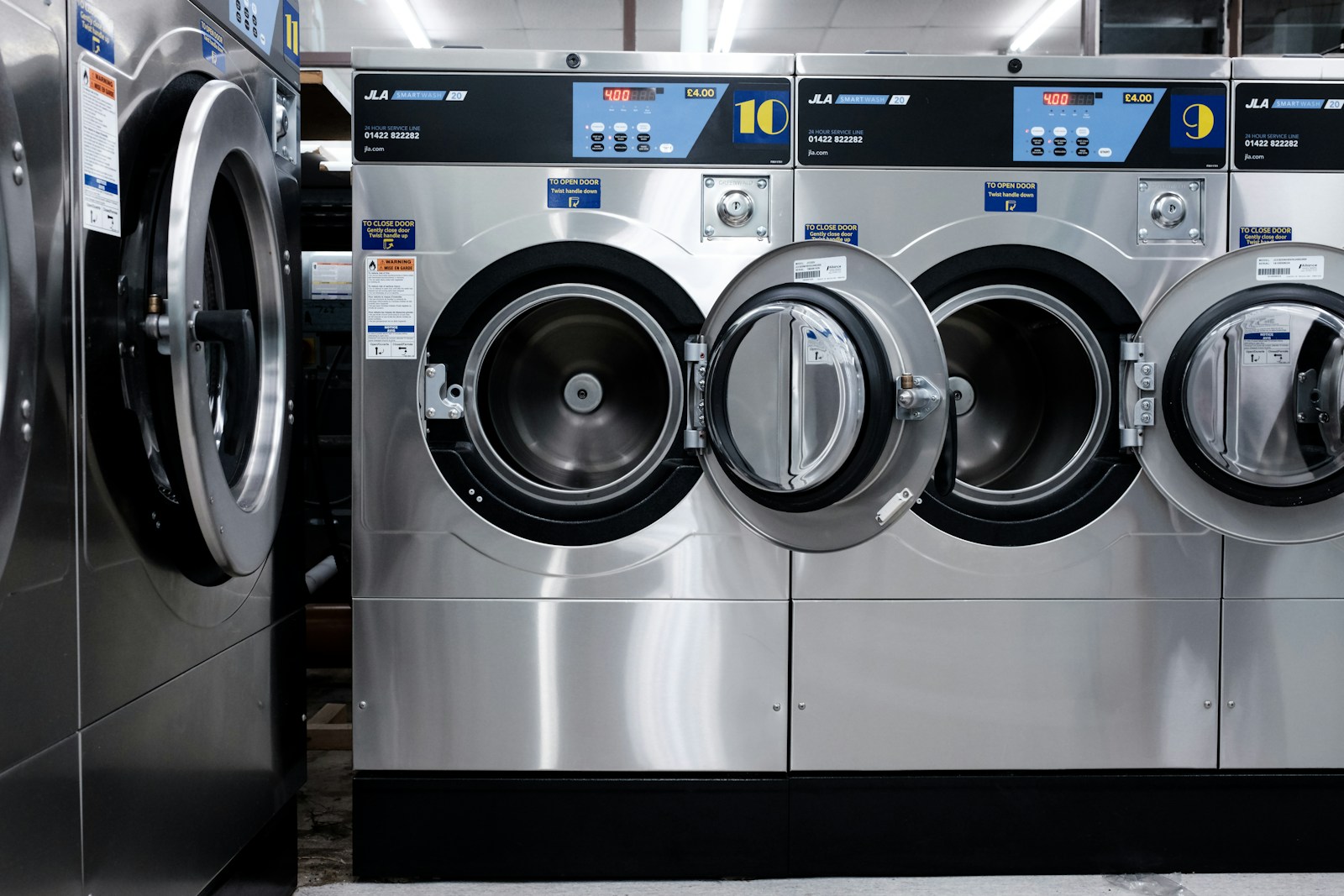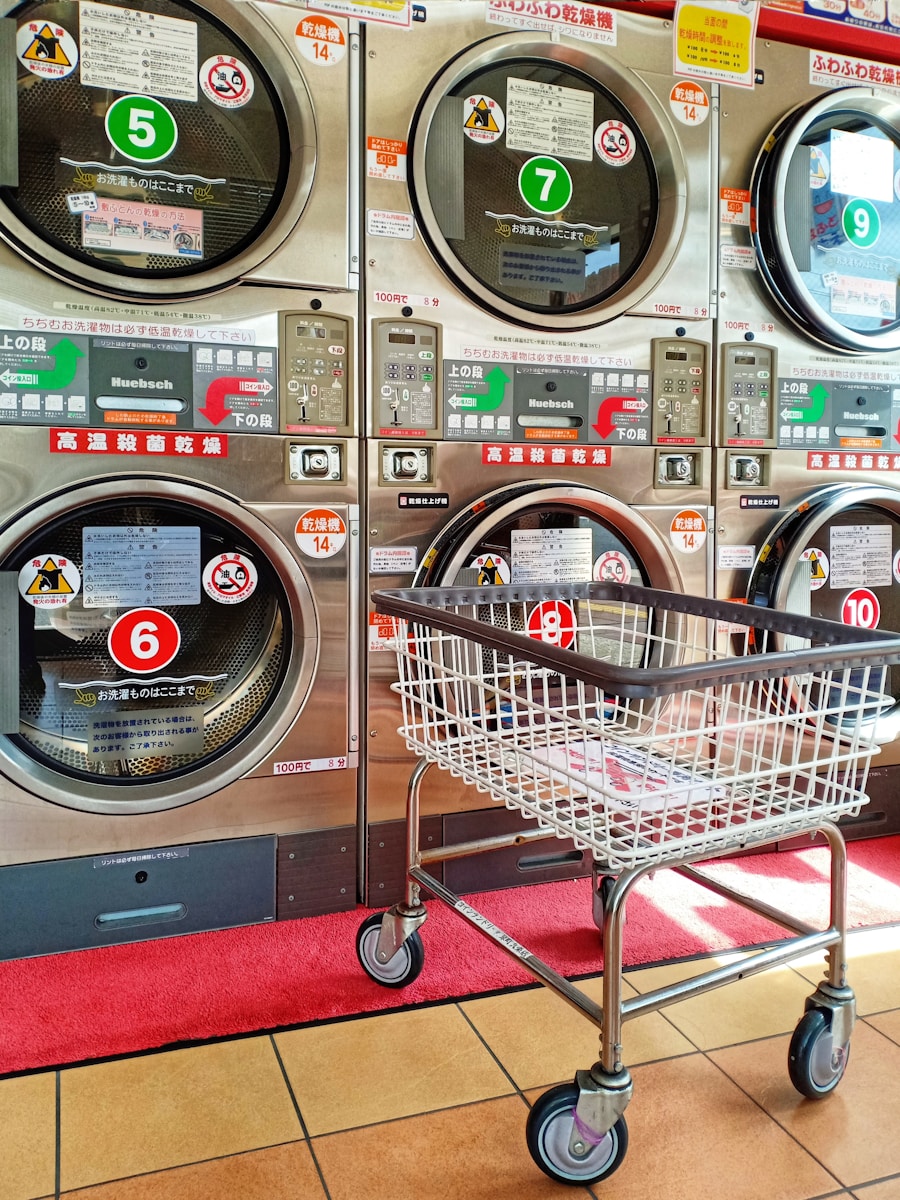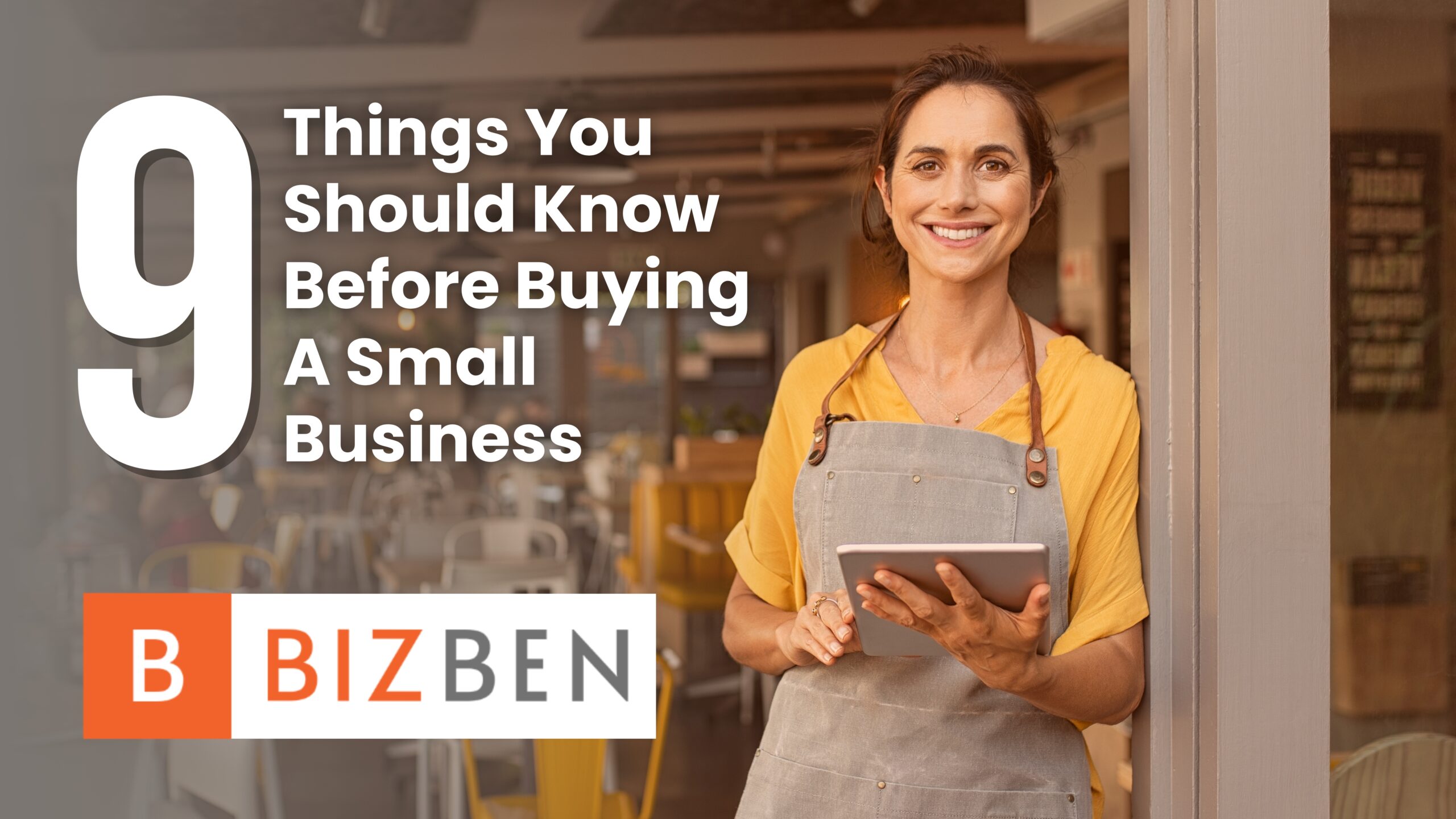
Why Buying a Small Business is a Smart Move?
Whether you’re a seasoned entrepreneur or a first-time buyer, buying a small business offers a faster, less risky route into ownership than launching from scratch. According to the SBA, small businesses make up 99.9% of all U.S. businesses and contribute to 44% of economic activity. With California ranking as one of the most active states for small business transactions, especially in sectors like restaurants, gas stations, and laundromats, it’s an ideal region for potential buyers looking to tap into existing, income-generating operations. But it’s not just about availability; it’s about buying the right business at the right time with the right strategy.
What Are the Benefits of Buying an Existing Small Business?
1. Proven Systems, Revenue & Customers
One of the most significant advantages of buying an existing business is that you will be entering a working ecosystem with established employees, suppliers, client contacts, and consistent cash flow. You’re not starting from zero, you’re acquiring traction. This is especially valuable in California, where high customer expectations and market competition exist. It allows you to focus on growth instead of spending months or years building a foundation.
2. Lower Costs, Faster ROI
Launching a business from scratch in California can be expensive; think of licenses, inventory, renovations, and marketing. Buying a small business cuts many of these costs. You’ll often need less capital up front, and you can begin earning immediately, improving your return on investment (ROI). Pre-existing revenue streams, loyal customers, and working staff help drive profitability from day one.
3. Operational Efficiency & Lean Teams
Smaller businesses operate with fewer resources, offering lean but efficient teams. In the hospitality, retail, and services sectors, tight-knit staff reduce training time and overhead. With a California-based workforce already familiar with local customer demands and regulatory compliance, you’re in a stronger position to manage with agility and accountability.
4. Personalized Customer Relationships
Smaller scale means deeper connections. Many small business owners in California are known in their communities, which breeds customer trust and loyalty. Buyers can leverage these relationships, enhance service quality, and improve reputation by staying involved and present—something harder to achieve in larger or newer businesses.
5. Control, Agility, and Innovation
As the new owner, you’ll have direct control over operations and decisions, giving you the power to act swiftly when responding to market changes. Whether it’s adapting to California’s shifting consumer trends or responding to seasonal shifts, small businesses are far more adaptable than larger corporations.
Why Most Small Businesses Fail?
75% of small businesses fail. I want to help you avoid all the pain that comes with business failure. I learned the hard way. I lost $50,000 in my first deal. I lost $75,000 in another. But now, I own multiple businesses making millions each year.
What changed? I started buying businesses instead of starting them from scratch.
Don’t Make These Mistakes Before Buying A Small Business
Keep Your Day Job
If this is your first deal, keep your day job. I kept mine for 10 years before I finally left. You can invest and do deals, but keep your salary. It’s like oxygen above water until you learn to swim. Only leave if you have one of the “Big Three”:
- Cash to cover any downside
- Inside knowledge of the business
- Investors that cover your a**
Be Cautious with Partners
Proceed with caution. Assume every partner is going to leave. About 70% of partnerships fail. Our generation stays at jobs for an average of 3 years. Your new co-founder likely won’t grow old with you.
My partner rules:
- No equity without cash in the game
- Always use a vesting schedule
- No, 50/50 partnerships; someone needs to be in control
- Always have a clear partnership agreement
- Include pre-exit provisions
Story time: I once did a deal with someone I didn’t vet well. He had a history of mediocrity and playing the victim. I ended up writing a big check to get him out. Always pay attention to how things start—because it rarely gets better.
Always Have an Exit Plan
What if you get tired of the business? Can you sell it? Who to? How long will it take?
Start with your desired outcome. Treat it like a game of Candy Land—figure out the end goal and reverse-engineer your steps. Don’t buy a job you hate.
Some businesses require skilled labor and constant involvement. Others, like postal shops, can be run with help and lower-skilled labor. Don’t trade your current job for another one that traps you.
The 3-6-12 Framework
Here’s a proven framework:
- 3 months to learn how to do deals
- 6 months to close your first deal
- 12 months to integrate and run the business properly
Rushing these steps usually leads to costly mistakes. Good things take time.
Franchises: Be Careful
Franchises can be love or hate. They often come with high build-out costs. Make sure their expenses make sense, or you’ll be shelling out money before making a dollar. I prefer to buy rather than build.
Get Niche Expertise
You need sector-specific knowledge. For example, my friend Zach bought a CrossFit gym but partnered with an experienced trainer who knew how to run the place. Find a “who”, not always a “how.”
Don’t Buy Turnarounds
You’re not a pro yet; don’t do pro-level deals. Think of buying businesses like buying a nice house on a nice block. Let the asset appreciate.
Avoid buying broken businesses. Make sure it’s profitable from day one. You’re just dipping your toes into business buying; don’t jump into turnarounds.
Limit Your Risk
Never do deals where you could lose more than 20% of your net worth. In the beginning, even losing $1,000 or $10,000 can hurt badly. Know your limit.
Be Careful with SBA Loans
Personal guarantees are risky. If your business fails, the bank can come after your house, your car, or anything you own. I would never take a personally guaranteed loan on my first deal.
Downside Scenario Planning
What if the worst happens to your business this year? Are you still profitable? Use a downside calculator. If you’re making $100,000 and lose 75%, 50%, or 20% of your revenue, what’s left? Can you still pay your debts? This tool has saved me many times.
Mitigate “Go to Zero” Risk
Ask: Could this business go to zero? If so, how do you protect yourself?
Example: If one group owns 20 out of 30 clients in a property management business, you could lose them overnight. Adjust the purchase price or put those earnings in escrow to reduce risk.
Don’t Fall in Love with a Deal
Never fall in love with something that can’t love you back.
There are endless deals out there. The worst thing is getting emotionally attached and falling into the sunk cost fallacy. You’ve spent money and time, so you feel you must close—but you don’t.
Sellers use this against you. They might ask for more cash or change financing terms before closing. These “paper cuts” bleed you out. Hold the line.
Choose Your Path:
Entrepreneurship is hard. You’ll lose time, money, and sleep and may get stolen from or sued. But working a 9-to-5 is also hard, underpaid, under-promoted, and under-challenged.
Choose your path. Explore high-demand industries such as
- Buy a Liquor Store in California
- Buy a Restaurant in California
- Buy a Gas Station in California
- Buy a Laundromat in California
FAQs
What documents should I request before buying a business?
You should request at least 3 years of tax returns, P&L statements, inventory lists, lease agreements, employee contracts, and any licenses or permits.
How much does it cost to buy a small business in California?
It varies widely. Small service-based businesses may sell for $50K–$150K, while restaurants or gas stations can range from $200K to $1M+, depending on location and profitability.
Should I hire a broker?
Hiring a licensed business broker can help with negotiation, due diligence, and navigating legal steps, especially if you’re buying in a competitive market like California.
What is goodwill, and should I pay for it?
Goodwill reflects the business’s reputation, customer loyalty, and intangible value. Pay only if it’s backed by data (loyalty programs, online traffic, etc.).
Can I finance a small business purchase?
Yes. You can explore SBA loans, seller financing, or private loans. SBA loans are popular in California for their flexible terms and government backing.
Related Posts
you might also like
How To Buy A Business
By Tim Cunha, JD
How To Buy A Business
By Peter Siegel, MBA
How To Buy A Business
By Peter Siegel, MBA
How To Buy A Business
By Peter Siegel, MBA
How To Buy A Business
By Peter Siegel, MBA


